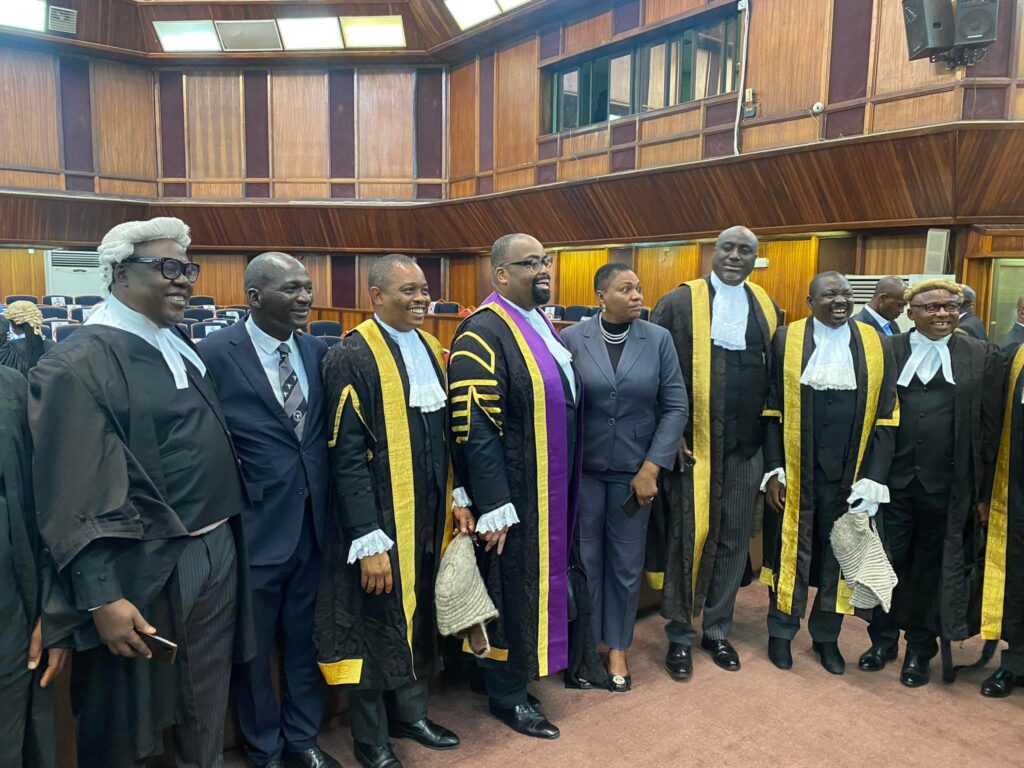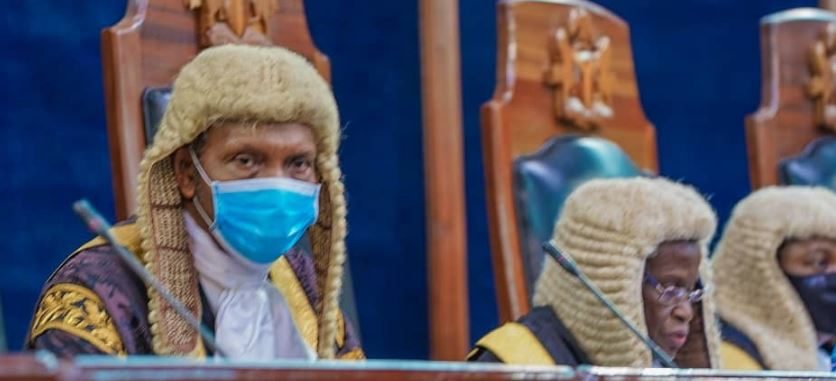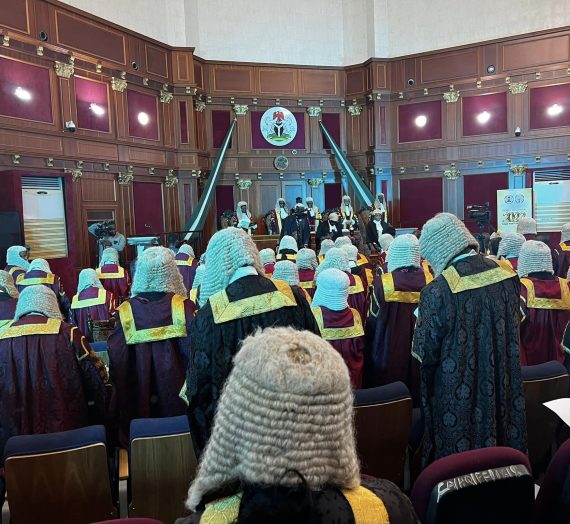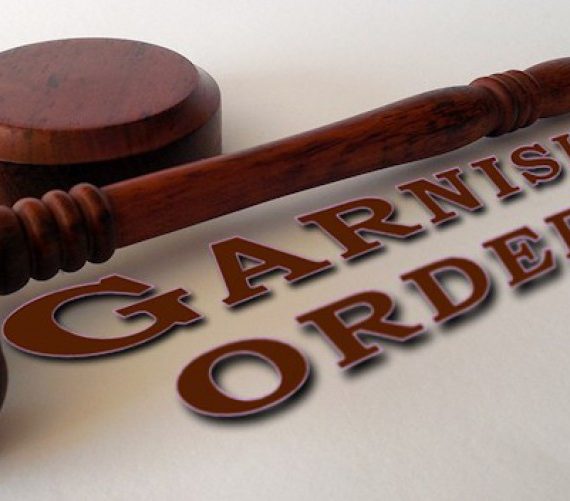Now let’s be clear, suing is one thing and getting a favorable judgment is an entirely different thing. Technically speaking, both are even arrived at by different means. The first (i.e. suing) just requires the filing of the official documents required by the rules of Court or procedure. So, all a person needs to sue is file either a complaint, writ, petition, originating summons, or originating motion. When that has been done, the suit is in motion or better put, the suit has been instituted. In other words, the first step to reaching the light at the end of the tunnel has begun. Clearly the tunnel has to be our judicial process and the light at its end has to be the anticipated favorable judgment or outcome.
Somewhere along this journey to getting a favorable judgment is where the gist of this opinion piece lies.
This journey is what makes the Dispute resolution/Litigation Lawyer’s work tasking but in fact interesting as well. On this journey to judgment, evidence must be the travel guide, the knowledge of law would save the day or its absence will occasion doom, timely reactions or responses can restrain stormy clouds too.
While on this journey, the lawyer would have a travel companion. Not the mythical, mental or legal ones noted already but physical Companions. I mean he has commandeered the ship substantially. And he will have to still do so. The pleadings are his output – his drafting skills are shown there, the presentation of his client’s case is also his burden – his skill would show there as well. But at some point, witnesses would be vital companions to reaching that desired destination called favourable judgment. This is where things can get almost tricky – that is at the point were the witnesses step into the witness box, take the oath and have to give their testimony.
Thankfully, with the current procedure in High Courts around Nigeria, the witness’ tale is contained in his or her witness deposition. So, the possibility or likelihood of the witness narrating an oral portion of his autobiography is nipped in the bud. However, diligence in drafting the witness deposition is required to ensure that; evidence is given on all crucial points in the pleadings and documents are not dumped on the Court.
But that witness would be cross examined and there lies the ticking bomb that we’ve actually been trying to get at.
Let’s not forget that any skillful cross examiner often aims to conduct a fatal destruction of his opponent’s case and the only person that would have to overcome this attempt is the witness.
And drums rolllllll….most times, witnesses while in the witness box and when brought under the heat of cross examination, goof in flying colors.

Goofing in this instance usually includes everything stated in this list (with sprinkles of more or maybe slight variations);
- The witness enters the box
- Swears to tell the truth and nothing but the truth
- Adopts his witness statement
- Proceeds to answer questions under cross examination
- Then begins to go off tangent and starts saying things you wish you could choke him from saying.
- Expresses confusion, looks at you (his lawyer) for some saving tips after ignoring the ones you had given before he got in there.
- You try salvaging the situation by skillfully injecting but the witness’ loud mouth digs further, better and deeper pits for your case. When you need him to keep his lips sealed, guess what? He doesn’t! He opens his wide mouth while your eyes react in despair by widening in shock to the words visiting your ears.
- You hold your wig, fighting the pressure to gently rise, take a bow at the Judge and immediately remove your wig for a vibrant toss at the witness’ digressing mouth.
- Then maybe the witness turns and gives you that nervous smile – the annoying one. You can picture his face now. maybe the case and Court room even comes back to your memory.
We surely may not have been there and definitely do not know his name, so permit us to call him – the goofing witness of Madagascar. But is there a way out? A way to help both this witness from Madagascar and your suit which is being tried in Nigeria. After a new experiences, we think the suggestions hereunder may help;
- Expect the damage – its supposed to happen.
2. Prevent the damage – pre-trial preparation
3. Control the damage – during cross examination
4. Contain/Mitigate the damage – final address
5. If Not Possible? Emotionally detach and continue acting professionally
– Expect the DAMAGE;
This to our minds is the first rule.
And we think, it has to be in the rule book for litigation gladiators. Litigation has been described as regulated contest; we agree that it is to an extent.
Damaging their opponent’s case is what trial lawyers do.
We dare say; it is an important step in our unwritten litigation ‘fight’ book. We crave causing damage to our opponent’s case. We dream for it. We live for it and in fact walk around with loads of techniques up our gowns for achieving it.
That is why we have the art, science and technology of that emotional endeavour called cross examination.
Remember that a one sided story sounds all true until the questioning starts – then you see the many cracks in a once perfect story. So there you have it – Cracks! Unveiling or in fact drilling cracks into the opponent’s case is why we have Section Section 214 of the Evidence Act 2011.
As Lawyers, hope that by revealing these cracks we get at the truth or at least know those witnesses that are lying through unperforated teeth.
Do we ever achieve the first aim of knowing or getting at the truth? Maybe we do sometimes.
But generally we settle for what can be proved or what most probably actually happened from all that has been said and proved in Court.
But either ways, ‘the damage‘ is expected. It is a crucial part of the whole affair. It should be done unless of course, there is nothing to damage (the opponent’s case is so weak that zero cross examination actually sustains the already existing damage – can one damage an already damaged leg? Maybe no.)
- Prevent the DAMAGE
Expecting the damage puts one in a better position to properly prepare for and respond to it. After all, it is a common saying that proper preparation prevents poor performance. This is why pre-trial meetings with the witness are very important.
In our view, it is a prudent step not to totally believe the witness’ confidence outside the witness box especially that cocky confidence some of them exude before the hearing. It may be genuine but many times it proves very insufficient when placed under the heat of cross examination.
The pre-trial meeting should ideally cover some essentials one of which is the likely questions the witness should expect under cross examination. The breadth and length of what should be covered is really a matter of discretion.
- Control the damage
It can be observed that most times during cross examination hints fly around. We both know from who – especially when the witness is saying what he shouldn’t. Most times the hints are not overt. An objection is used to pass it across. While explaining the reason for the objection – the hint is wittily thrown at the drowning witness with hopes that he quickly notices the hint and takes it. This arguably nears some border of unethical conduct. But the truth is – it happens often. And we both know who does it. Most clients (especially professional litigants) seem to applaud such interjections and benefit from them but expectedly the bench frowns at them. After all, the case is the parties’ and the witness should know his case through and through. If he doesn’t, why should he be worthy of believe or entitled to judgment in his favor.
But most times, most witnesses are genuinely confused, startled and could use some lawyerly succor while in the witness box. So, in trying to answer questions – they say more than they should. Hence the goofing syndrome. This is why an honest or moderate ‘expectation of goofing’ should be kindly accorded to each witness.
- Mitigate the damage
In most cases, the damage could be mitigated at the point of final address. Some fundamental flaws could knock off the base from the adverse party’s case. This definitely leads to a ‘UAC V Macfoy’ situation where the damage becomes the ‘something that can’t be put on nothing’. And the nothing in this context would be the suit. Some of the major flaws are jurisdictional.
Where a jurisdictional flaw doesn’t save the day, contesting the admissibility of a crucial document and getting it expunged from evidence could. This is a slim rope to walk on; especially at the point of final addresses. The rule in Salau Okulade v Abolade Alade is to blame.
Other mitigating options could be tacit admissions arising from failure to cross examine on a crucial point, dumping documents on the court etc.
Sadly, but truthfully, another situation that tends to contain or even eliminate the damage is – a de-novo trial. A fresh bite at the cherry I would call it or old things passing away no matter how advantageous it may have been to one party. Most times, one party is happy when de-novo trials happen. That’s arguable – but it would be honest to expect it to be a common happening.
In containing the damage, there is a temptation to avoid. It’s a very attractive temptation and falling into it is almost seamless. It is the temptation to convert the written address into a medium for giving evidence – a.k.a attempting to say what the goofing witness should really have said. As honest an attempt as this may seem, it is yet to get judicial pass. So, no matter how flowery, enticingly smooth and suspense studded the lawyer’s written address is, it cannot enter the witness box. We mean, it cannot take the place of evidence.
If Not Possible?
Most times, it could almost be impossible to prevent the damage. Some cases are really bad cases. They happen. Although bad cases can switch mid-stream in few instances, it might be wise to explore the chances otherwise available for getting the Client’s interest protected.
Written by Frederick Nkobowo LLB. BL




Chimeremeze Nwachukwu
Amazing article. I enjoyed every bit of it sir. More ink.
fredericknkobowo
I am absolutely glad you enjoyed reading it. More are definitely on the way
Dimkpa Ngozi Princess
I love this… very funny, full of incites and techniques… choice of words 👌
fredericknkobowo
Thank you a great deal for your kind comment. We deeply appreciate that you took out time to read it and found it commendable. Thanks a million.